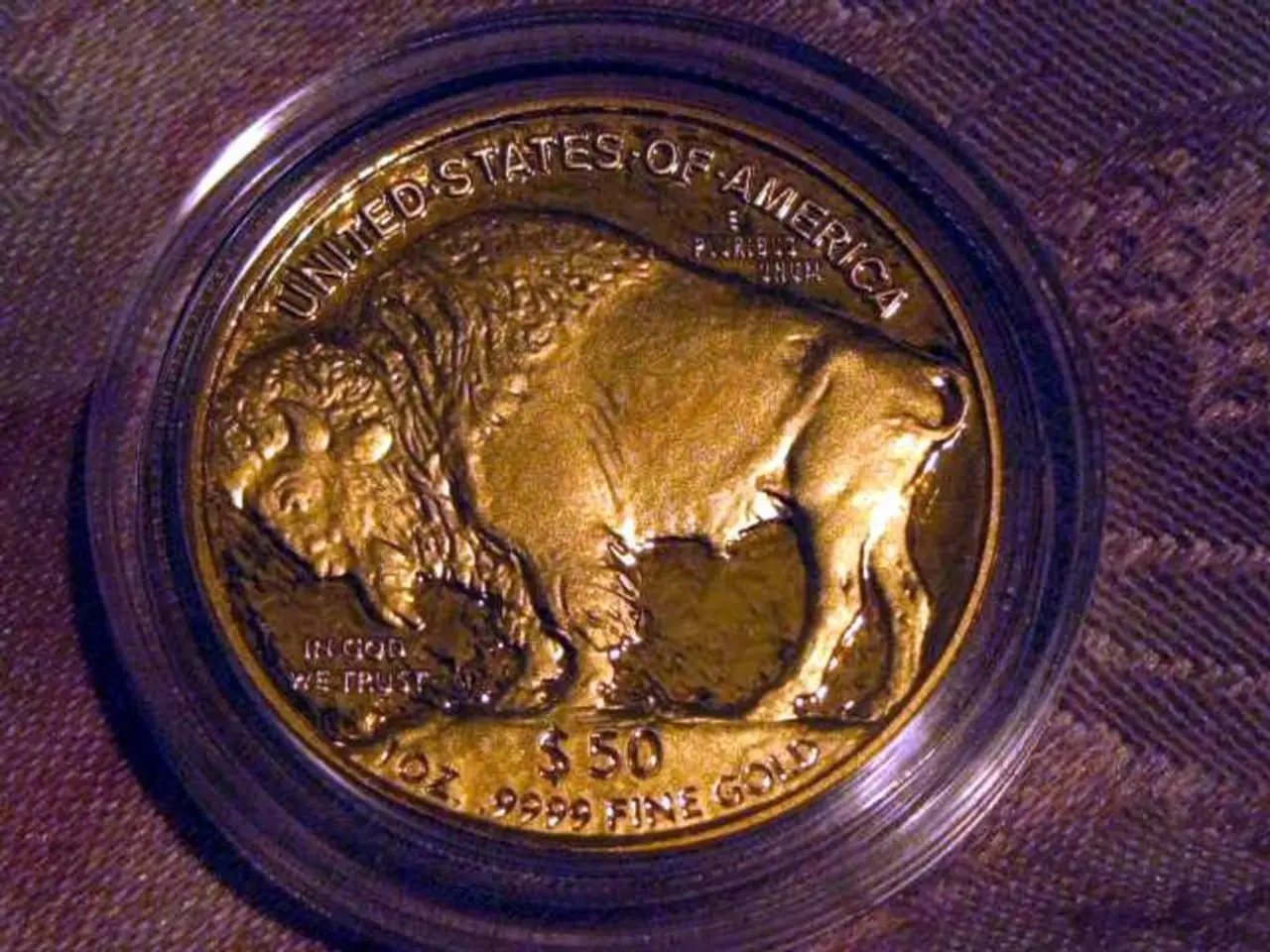Trump's "Big Beautiful Bill": Implications for the Economic Landscape of the United States
The United States has a new piece of legislation in place, the One Big Beautiful Bill (OBBB), which was signed into law by President Donald Trump on 4th July, 2021. This bill, which extends tax cuts introduced during Trump's first presidency and introduces new measures, has significant implications for U.S. taxpayers, the national debt, and the economy.
According to the nonpartisan Congressional Budget Office (CBO), the OBBB is expected to add $3.4 trillion to the U.S. national debt over the next 10 years. When accounting for additional interest on the national debt, the total fiscal impact rises to over $4 trillion. The bill achieves this by permanently extending the 2017 tax cuts set to expire at the end of 2025, introducing new tax cuts, and partially funding these cuts by tightening eligibility and reducing spending on programs like Medicaid and SNAP.
For U.S. taxpayers, the OBBB brings both benefits and challenges. On the positive side, tax provisions such as the "no tax on tips" federal income tax deduction and increased deductions for seniors and charitable giving reduce taxable income for qualifying individuals. Additionally, the bill increases standard tax deductions by $1,000 for individuals and $2,000 for married couples.
However, the OBBB also tightens eligibility for Medicaid and SNAP, potentially reducing benefits for some recipients starting around early 2027. Moreover, analysts such as Samuel Tombs, chief US economist at Pantheon, express scepticism about whether corporate tax breaks will unlock new investment for businesses in the short term, suggesting that investment plans may still be depressed due to tariff uncertainty.
Defence spending will receive an additional $150 billion under the OBBB, while border spending will be given an additional $100 billion. The act also includes tax breaks for businesses, such as the ability for companies to write off equipment and research and development costs in the year they are incurred.
The OBBB's impact on the national debt is substantial. The bill increases the federal deficit by $3.4 trillion over 10 years, which translates into more borrowing and a growing national debt. When including interest payments on this increased debt, the total fiscal impact rises to over $4 trillion.
Despite these concerns, analysts at global asset management firm BlackRock believe that US equities will "regain global leadership" and remain "overweight" on US equities. Lombard Odier has not revised its US growth outlook in response to the bill, forecasting 1.3% GDP growth in 2025 and 1.4% in 2026. The S&P 500 achieved annual earnings growth of 5% in the second quarter, according to Factset estimates.
However, the US dollar has fallen by around 10% this year, which may impact the overall economic outlook. It is worth noting that the tips and overtime provision only affects a "small fraction of the population," according to Pallotti.
In summary, the OBBB reduces government revenue through permanent tax cuts and spending restrictions on social programs, increasing the federal deficit and national debt significantly over the coming decade, while providing direct tax relief to many taxpayers. The bill's impact on the economy remains uncertain, with analysts expressing both optimism and scepticism about its potential effects.
- The One Big Beautiful Bill (OBBB) introduces new tax breaks for businesses, allowing them to write off equipment and research and development costs in the year they are incurred, which is a topic of interest in the realm of finance and business.
- Analysts such as Samuel Tombs, chief US economist at Pantheon, question whether corporate tax breaks will trigger new investments for businesses in the short term, given tariff uncertainty, making it a matter of discussion in the intersecting spheres of politics, business, and general-news.





